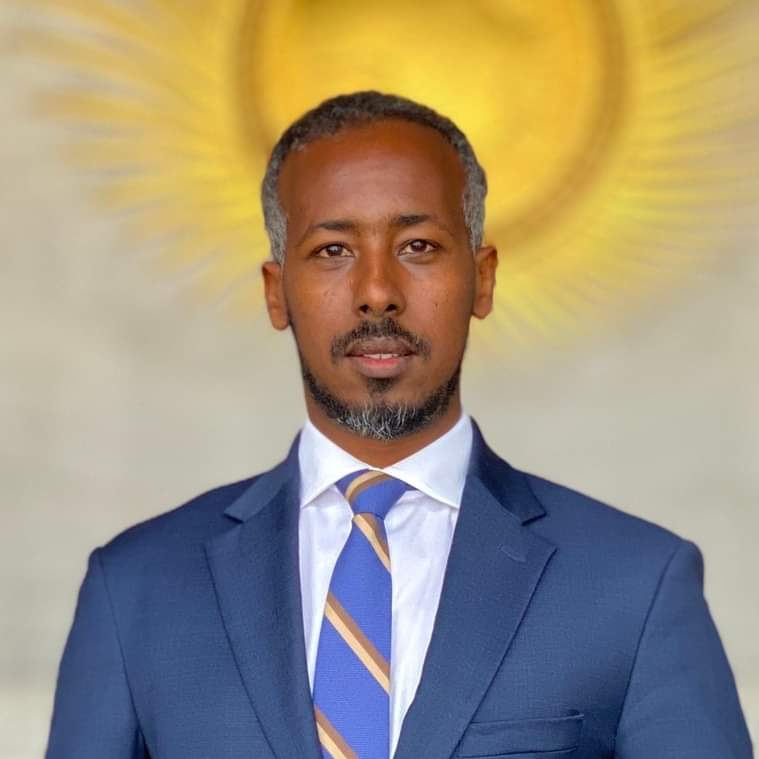As Ali-nur Salad Hassan spends his third consecutive day in detention, the Somali government continues to defy calls for the release of the journalist.
During the arrest of Hassan, a former BBC journalist, legal procedures were disregarded, his dignity was violated, and the incident reflected a dictatorial approach by the authorities. Hassan was photographed without his consent in a distressing and humiliating manner, at a location typically reserved for those accused of serious crimes such as robbery and murder.
At a press conference in Mogadishu on Tuesday, leaders of the Somali private media condemned the police’s actions. Abdullahi Hirsi, Director of the UK-based Somali TV, Universal, expressed his outrage, saying: “It is a disgrace to the press and the Somali people to treat Ali-nur Salad in such a manner. Justice must be served, and Ali-nur must be granted his freedom.”
Former President Sharif Sheikh Ahmed released a statement on Monday, asserting that the repression of journalists violates both the country’s constitution and international standards. Mr. Ahmed characterized Ali-nur’s arrest as an attempt to silence independent media and intimidate journalists.
Similarly, former Prime Minister Hassan Ali Khayre voiced his concerns on social media, describing the arrest as an effort to suppress the truth and independent press. “Freedom of speech is a constitutional right. The media is essential for government accountability and the implementation of democracy. Arresting journalists damages the government’s credibility,” Khayre said.
Despite the ongoing outcry, the Somali government has not provided any official information regarding the status of Hassan, who previously served in the Prime Minister’s office as an information and public relations officer during PM Hassan Khayre’s tenure.
Somalia remains one of the most dangerous countries for journalists. In April this year, the National Intelligence and Security Agency (NISA) arrested another prominent journalist, Hussein Abdulle, after he published a report exposing NISA, including one detailing expected sackings within the agency. Abdulle was later released on a presidential order as he claimed on his Facebook account post, but without trials.
Abdirahman Abdishakur, a member of the Somali Parliament, described Ali-nur’s arrest as a violation of the constitution and freedom of speech. “It is essential that the government protects the rights of journalists so they can carry out their duties without fear of pressure and intimidation,” said Mr. Abdishakur.